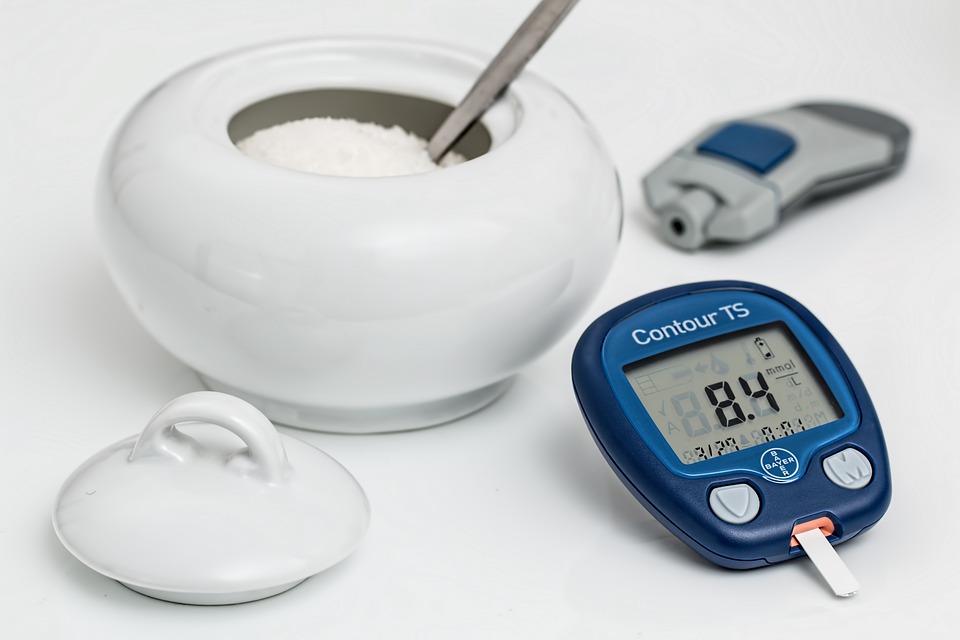A tiny red fruit that looks very similar to cherry

Acerola is a tropical fruit-bearing shrub or small tree. This small shrub or tree has 5-petaled flowers ranging from pink to white in color. Acerola fruit is a bright red cherry-like fruit containing several small seeds.
Native to which Region:
Acerola is native to the West Indies. It is also found in northern South America, Central America, Texas, and Florida.
 |
| Image Source: Flickr |
Common Names:
Common names include acerola cherry, Brazilian Portuguese, European Portuguese, Barbados cherry, West Indian cherry, wild crepe myrtle and seriz (Haitian Creole).
Scientific Name:
Malpighia emarginata (Family: Malpighiaceae)How to know if it is Fresh:
It is small, firm, dark red, cherry-like fruit in fresh condition.
 |
| Image Source: PxHere |
Taste:
It has a distinct sour taste due to the high Vitamin C content.
 |
| Image Source: Pixabay |
Nutrition Facts:
 |
| Source: Wikipedia |
Why is Acerola good for you:
Acerola is most well-known for being extremely rich in Vitamin C. Because of this, it is often used to help with or prevent colds or flu. It is also used as an Antioxidant nutrient. Together with Vitamin C, Acerola may be taken to boost Immunity.
| Image Source: Picserver |
Is Acerola OK for Pregnancy?
Not enough is known about the use of acerola during pregnancy and breast-feeding. Stay on the safe side and avoid use.
 |
| Image Source: Pixabay |
Is Cherry juice OK for Diabetics?
A 2014 study concluded that cherry extract has a beneficial effect on diabetic rats. A 2017 journal article concluded that the dietary anthocyanins found in cherries, along with other fruits such as blueberries, appear to be targeting insulin sensitivity and have the potential to modulate conditions such as Diabetes.
 |
| Image Source: Pixabay |
Effective in which other diseases:
 |
| Image Source: Wikipedia |
As a source of Vitamin C, Acerola is likely effective in preventing Scurvy. There is insufficient evidence for the following diseases:
- Heart disease
- Common cold
- Cancer prevention
- Tooth decay
- Depression
Dosing:
The appropriate dose of acerola depends on several factors, such as the user's age, health, and several other conditions. At this time, there is not enough scientific information to determine an appropriate range of doses for acerola. Keep in mind that natural products are not always necessarily safe dosages can be important.
Warnings & Special Precautions:
Pregnancy and Breast-feeding:
As mentioned above, you should avoid using Acerola during pregnancy.
Gout:
Vitamin C in Acerola might increase uric acid levels and make Gout worse.
 |
| Image Source: Wikimedia Commons |
Kidney Stones:
In large doses, Acerola might increase the chance of getting Kidney Stones. That's because of the Vitamin C in Acerola.
Where to buy?
Plant:
You can buy Acerola plant from Amazon below:
Cherry Powder:
Pure Acerola Cherry Powder can be bought from Amazon below:
Comments
Post a Comment